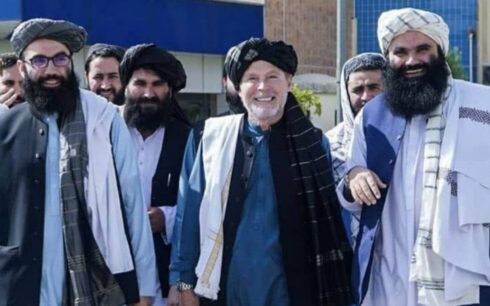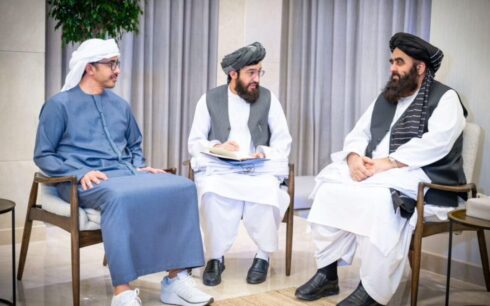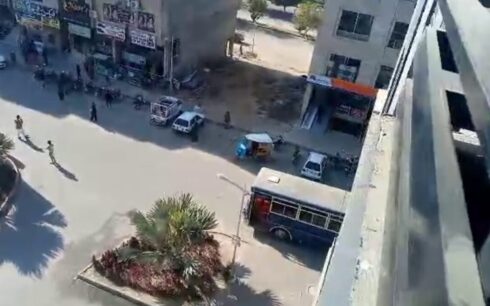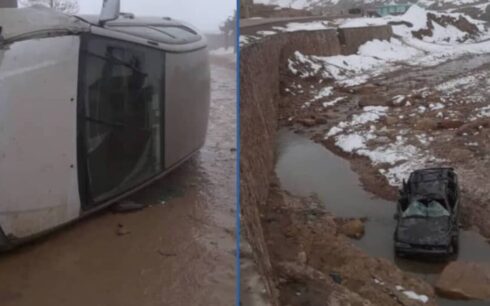Human Rights Watch on Tuesday described a new United Nations report on Afghanistan’s media as “devastating,” saying that the Taliban have dismantled the country’s media sector and have created an environment of fear that has silenced independent journalism.
“Since the Taliban took power in August 2021, they have largely destroyed Afghanistan’s media landscape, creating such a climate of fear that Afghan journalists cannot genuinely investigate or report,” the group said in a statement.
The UN report, produced by the Assistance Mission in Afghanistan (UNAMA), details widespread abuses against journalists, including arbitrary detention, censorship, and physical violence. Human Rights Watch highlighted cases such as the August 2023 arrests of at least seven journalists accused by Taliban intelligence of sharing information with “diaspora media” abroad.
Systematic suppression
According to the UN, 256 instances of arbitrary arrest and detention of journalists and media workers have been documented since the Taliban regained control of Afghanistan. Media outlets are now required to seek approval from Taliban authorities before publishing and are forbidden from covering topics deemed to “negatively impact public opinion” or “weaken morale.”
The Taliban’s direct involvement in newsrooms has further stifled independent reporting, with critical content being systematically suppressed, Human Rights Watch said.
Afghanistan has seen a dramatic drop in global press freedom rankings. In the 2024 Press Freedom Index by Reporters Without Borders, Afghanistan ranks 178th out of 180 countries, above only Syria and Eritrea. This represents a precipitous fall from its ranking of 118 in 2018.
Before the Taliban takeover, Afghanistan had more than 500 active media outlets. By November 2021, nearly half had shut down due to reduced donor funding, Taliban restrictions, and the flight of journalists seeking safety abroad.
Restrictions on women in media
The report underscores the Taliban’s severe limitations on women in media. Female journalists are often excluded from press conferences, and officials frequently refuse to grant them interviews. In some provinces, women’s voices are banned from radio broadcasts, and women are not permitted to call into radio programs.
While a few women-led radio stations continue to operate, they do so under tight restrictions, with segregated workspaces and limited access to public engagement.
Human Rights Watch emphasized the need for continued international scrutiny and support for Afghan journalists, both inside the country and in exile.
“The Taliban’s suppression of Afghanistan’s media is part of a broader assault on fundamental freedoms,” the group said. “Supporting Afghan journalists is critical to ensuring that their work—and the voices of the Afghan people—are not completely silenced.”





